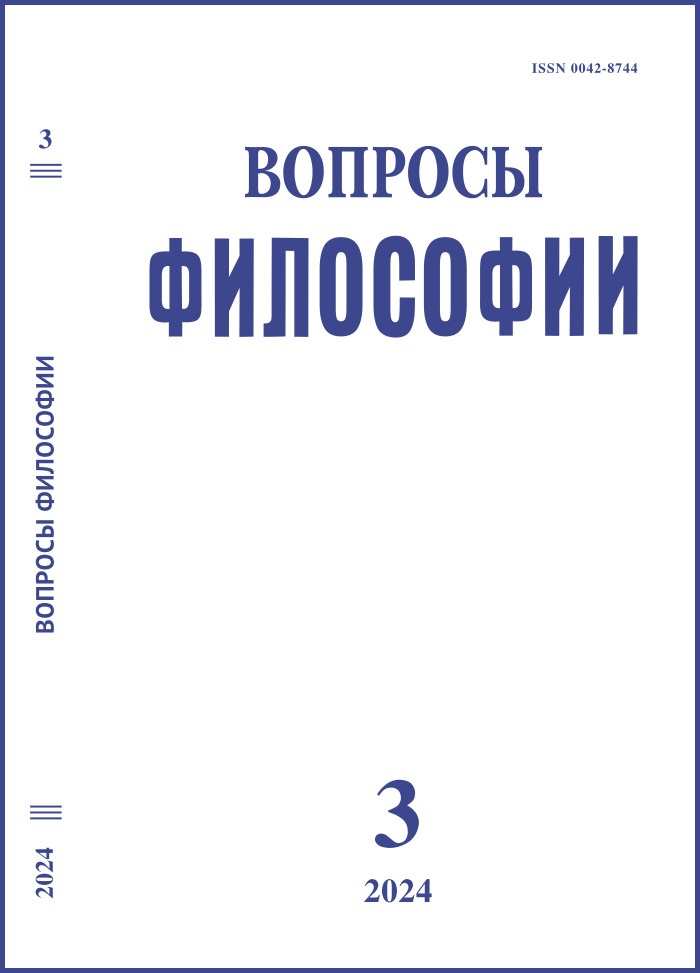Как возможен Моцарт? Об избирательном сродстве решений Н. Элиаса и Э. Ильенкова
DOI:
https://doi.org/10.21146/0042-8744-2024-3-62-72Ключевые слова:
гений, канон вкуса, баланс власти, противоречие, double-bind, Моцарт, Кант, Гегель, Ильенков, ЭлиасАннотация
Автор анализирует два подхода к природе гения. В первом, кантовском, гениальность связана с творением прекрасного, является врожденной и остается непостижимой. Основы подхода, претендующего на воссоздание социогенезиса таланта и гения, заложены логикой Гегеля. В теорию они были развиты только в ХХ в. усилиями всего двух независимых друг от друга
исследовательских линий: «постфилософской социологии» Н. Элиаса и философии Э.В. Ильенкова, сотрудничавшего с группой А.И. Мещерякова. Анализ показывает, что и Элиас, и Ильенков выявляют особое измерение социальной истории, учет которого является решающим в успехе социогенетического объяснения гения: баланс социальной силы исторических субъектов. Прослеживание динамики этого баланса позволяет утверждать, что кантовская модель выражает функционирование определенного социального канона поведения и чувствования – аристократического, при господстве которого искусство не может подняться выше ремесленного уровня. Н. Элиас показывает, что высокое искусство начинается с преодоления этого канона и появления канона, предписывающего постоянное смещение на новые пути. Победа индивидуализирующего канона отдает приоритет художникам и не гарантирует появления гениев. Она же превращает искусство в искусство для профессионалов, в изощренную ремесленную технику, и социогенезис гения заходит в тупик. В этом пункте философская социопсихология, возникшая в сотрудничестве Э.В. Ильенкова и А.И. Мещерякова, как показывает автор, содержит то недостающее элиасовскому рассуждению звено, которое способно вернуть силу аргументации Элиаса и обосновать его открытия.

